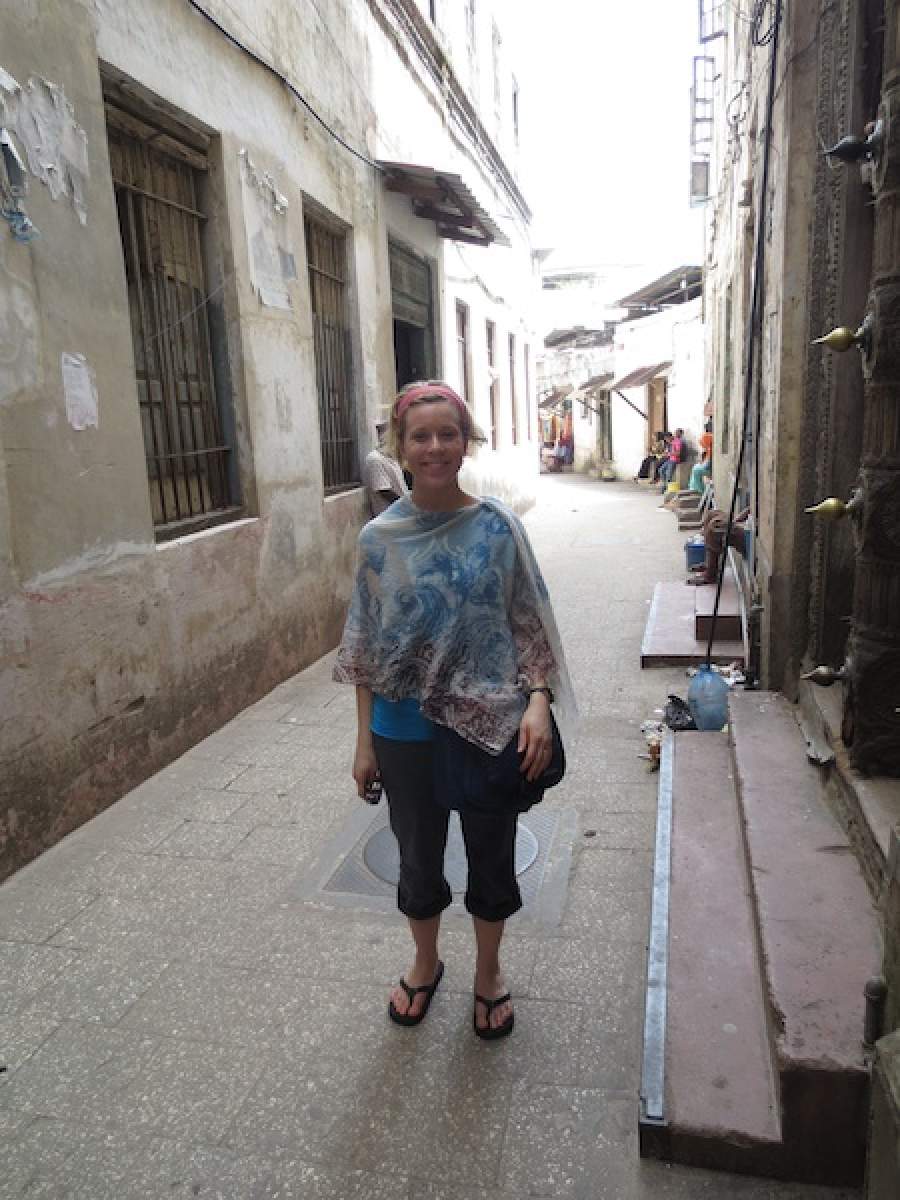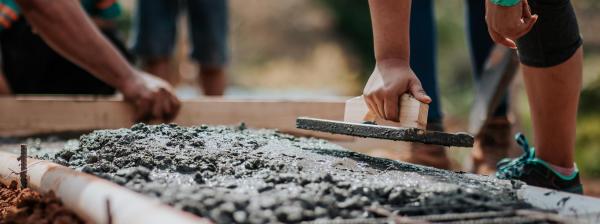Before my departure from Canada, a friend of mine shared her secret of the “two week rule.” Simply put, when making a drastic change such as moving abroad or travelling for an extended period of time, give yourself a full two weeks to adjust to your new situation before you pass judgment.
Having just completed my first two weeks as a volunteer in Tanzania, I appreciate this rule as sage advice. While I have had an incredible experience so far and can confidently make a positive “post two-week” appraisal, there were difficult moments as the safety net slipped away and I plunged into the full reality of my new life. Fortunately, after navigating this tricky transition period, I am able to offer the following “survival guide” for the first two weeks of volunteering abroad:
Rest up.
In addition to the demands of starting a new job, the first two weeks means reckoning with jet lag, the heat, traffic and other road perils, constant beckoning and catcalling on the streets, massive changes in diet, language barriers, different cultural norms, and new pests and pathogens—even listing it all is exhausting. All of it keeps your brain and body in overdrive and sucks a ton of energy. It also throws a major wrench into your immune system—it is no small wonder that many volunteers experience stomach troubles and other health issues within their first two weeks.
While sacrificing sleep might be a useful strategy to maximize a short-term vacation, it is extremely detrimental when dealing with the rigours of a volunteer positing. As a chronic night owl, I was initially frustrated by my inability to keep my eyes open past 9:30 pm for the first two weeks. However, giving into the need for extra rest will help keep you healthy and facilitate your body’s ability to process new pressures.
Test yourself and step outside your comfort zone.
Even performing mundane tasks such as buying food or commuting to work can seem daunting in a foreign environment. To cope with the occasional sense of helplessness, my fellow volunteers and I established a series of “tests,” or milestones, during our first two weeks, ranging from taking the local bus (dalla dalla) unassisted for the first time, to figuring out a system for laundry. These tests can help build confidence and break down an overwhelming transition into simple baby steps.
Create a safe space and establish a new routine.
Perhaps one of the most unsettling parts of heading overseas is the loss of routine and personal “safe” space. To alleviate this sense of floundering, it is helpful to nest in your new space—unpack, pick up any essential items that you forgot, and then create a living area that you feel comfortable in and can view as a sanctuary.
Establishing a new routine is also key. Outside of work hours, this should include habits to keep yourself healthy (e.g. taking an anti-malarial), a few of the usual outlets you use at home to stay happy and grounded (e.g. exercise or listening to music), and time for relaxation and fun. For me, attending an early morning Swahili exercise class and taking time on the weekends to explore Zanzibar’s amazing scenery has kept me grounded.
When establishing a new routine, it is also important to be mindful of local norms and schedules, and how these need to be factored into your daily activities—for instance, the scheduled power outages that happen every second night here in Zanzibar.
Be flexible and contemplative.
Whether it is accepting a totally different sense of time and pace of work, or embracing the chaos of local transport, the first two weeks demand flexibility. It is a time to examine and challenge your pre-conceived notions about how things “should be” in your new community and workplace; to critically reflect on the unearned privileges and conveniences that you likely expect as a resident of the Western world; and to learn to go with the flow. The adjustment to living out of a backpack also presents the chance to pare things down to the fundaments and to remind yourself just how little you actually need to live and be happy.
Keep in touch with friends and family, but don’t dwell.
Deciphering the logistics of how to keep in touch with loved ones back home—and then dealing with inevitable hitches in these communication plans—is a major aspect of the first few weeks. While the lack of consistent contact with loved ones is challenging, it can also be a blessing in disguise. Letting your family know that you are safe and healthy is important, but long, lingering conversations during this initial period may take your head space out of your new environment and actually amplify homesickness. Keep communication short and sweet and give yourself time to cope with being away.
Jump in to your new environment.
On the whole, my experience has been that your two week survival ultimately depends on the following: no matter what, maintain an open heart, an open mind, and a sense of humour and just jump in.
The first two weeks offer few familiarities, but also immense opportunities. It is a time when the wonder of childhood presents itself all over again; you can drink in the world around you like it’s brand new, make novel observations about life, discover hidden aspects of yourself, and connect with interesting characters and new friends. It is challenging—but when the first growing pains are over, you can look back and marvel at just how far you’ve come.
Add this article to your reading list




